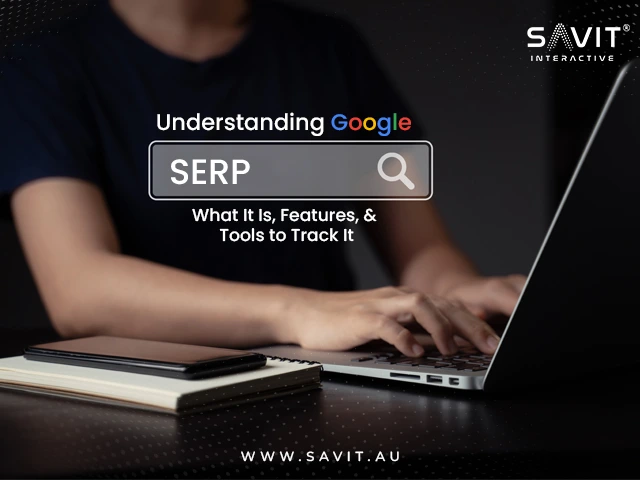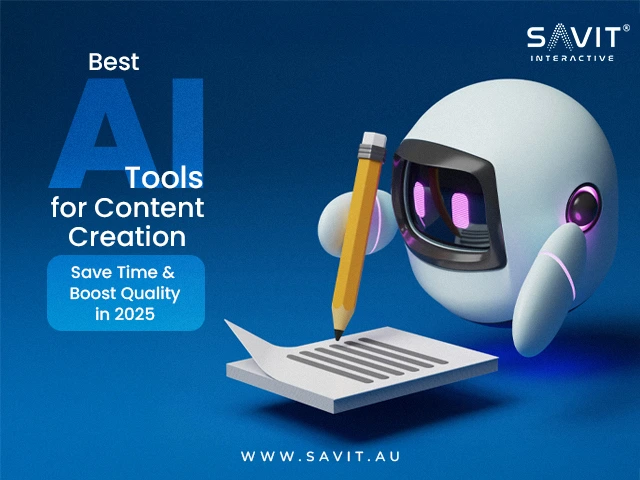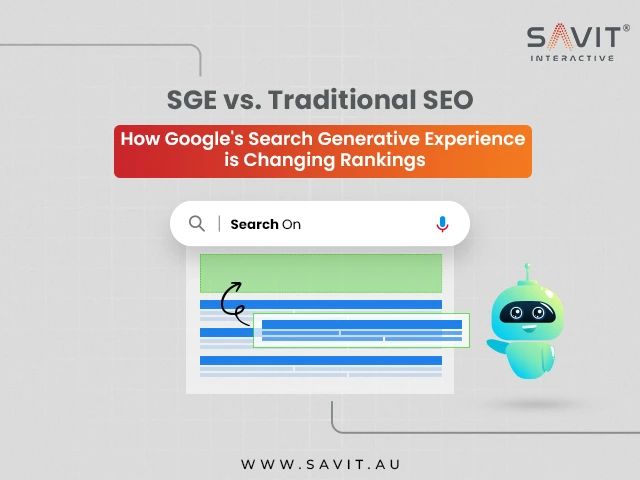Search engine algorithms are evolving rapidly, and SEO professionals must stay ahead to maintain visibility. With AI-powered search engines, personalised results, and stricter anti-bot measures, new challenges demand innovative solutions. Let’s explore these challenges and how you can adapt to thrive in the ever-changing search landscape.

1. The Rise of AI-Powered Search Results
Search engines like Google now use AI models such as Bard and Gemini to deliver dynamic, context-aware results. This means traditional ranking factors are shifting, with AI-generated answers reducing reliance on standard search results.
Example: Google’s Search Generative Experience (SGE) is already reshaping how search queries are processed, displaying AI-curated answers instead of traditional search results.
How to Adapt:
- Focus on Conversational SEO – Optimise for natural language queries.
- Leverage Schema Markup – AI relies on structured data for better visibility.
- Optimise for AI Overviews – Structure content to be featured in AI-generated summaries.
- Use Interactive Content – Engage users with quizzes, calculators, and dynamic tools that AI cannot summarise effectively.

2. Zero-Click Searches & Position 0 Dominance
Featured snippets, AI summaries, and knowledge panels provide instant answers—reducing organic traffic to websites.
Example: A study found that over 65% of Google searches now result in no clicks, as users find answers directly in search results.
How to Adapt:
- Target Featured Snippets – Use bullet points, lists, and Q&A formats.
- Enhance Brand Visibility – Make sure your messaging is compelling.
- Provide Deeper Value – Give users a reason to click with detailed insights
- Encourage Engagement – Add unique visuals, videos, or proprietary research that AI cannot replicate.

3. Dynamic & Personalised Search Results
Search engines personalise results based on user behavior, location, and search history, making rankings less predictable.
Example: Two users searching for the same term can receive different results based on their browsing habits and geographic location.
How to Adapt:
- Segment Your SEO Strategy – Optimise content for different devices and local searches.
- Improve User Experience – Ensure fast loading, mobile-friendliness, and engagement.
- Leverage First-Party Data – Use analytics to refine content strategies.
- Optimise for Local SEO – Ensure your Google My Business and local listings are fully optimised for local seo.

4. Stricter Anti-Bot Measures Impacting SEO Data Collection
Google is tightening its grip on automated tracking tools, making rank tracking more challenging.
Example: Many third-party SEO tools face restrictions due to Google’s API changes, making traditional rank tracking less reliable.
How to Adapt:
- Use Ethical Data Collection – Utilise API-based, compliant tracking methods.
- Focus on First-Party Analytics – Prioritise your own traffic and engagement data.
- Leverage AI for Insights – Use AI-powered analytics to fill data gaps.
- Monitor SERP Volatility – Use tools like SEMrush Sensor or MosCast to track algorithm shifts.

5. AI-Generated Content Flooding SERPs
AI-written content is saturating search results, making it harder for human-created content to stand out.
Example: Google is constantly updating its guidelines to filter low-quality AI-generated content, favoring content that demonstrates human expertise.
How to Adapt:
- Prioritise Originality & Expertise – AI content is generic; add expert opinions.
- Focus on E-E-A-T – Google values Experience, Expertise, Authoritativeness, and Trustworthiness.
- Use AI as an Assistant – Let AI help, but ensure human touch remains.
- Showcase Author Credentials – Highlight industry expertise to boost credibility.

Future SEO Trends (2025 & Beyond)
With AI evolving, the SEO landscape will continue to change.
Here’s what to expect:
- Voice Search Optimisation – More searches will be conducted through voice assistants like Alexa and Google Assistant.
- Multimodal Search Growth – Google Lens and AI-driven visual searches will impact how users find content.
- Video & Interactive Content – Platforms like YouTube and TikTok are becoming dominant for search.
- AI-Powered User Experience – Personalisation will drive how content is delivered to users.
 Final Thoughts
Final Thoughts
Search Engine Optimisation is no longer just about rankings—it’s about visibility, engagement, and adaptability. As AI reshapes search engines, staying ahead requires strategic content, optimised user experience, and data-driven decisions.
Recommended Tools & Resources:
- Content Optimisation: Surfer SEO, Frase, Clearscope
- Rank Tracking: Google Search Console, SEMrush, Ahrefs
- SERP Monitoring: MosCast, SEMrush Sensor
Embrace the changes, turn challenges into opportunities, and build a strong digital presence in 2025 and beyond!



